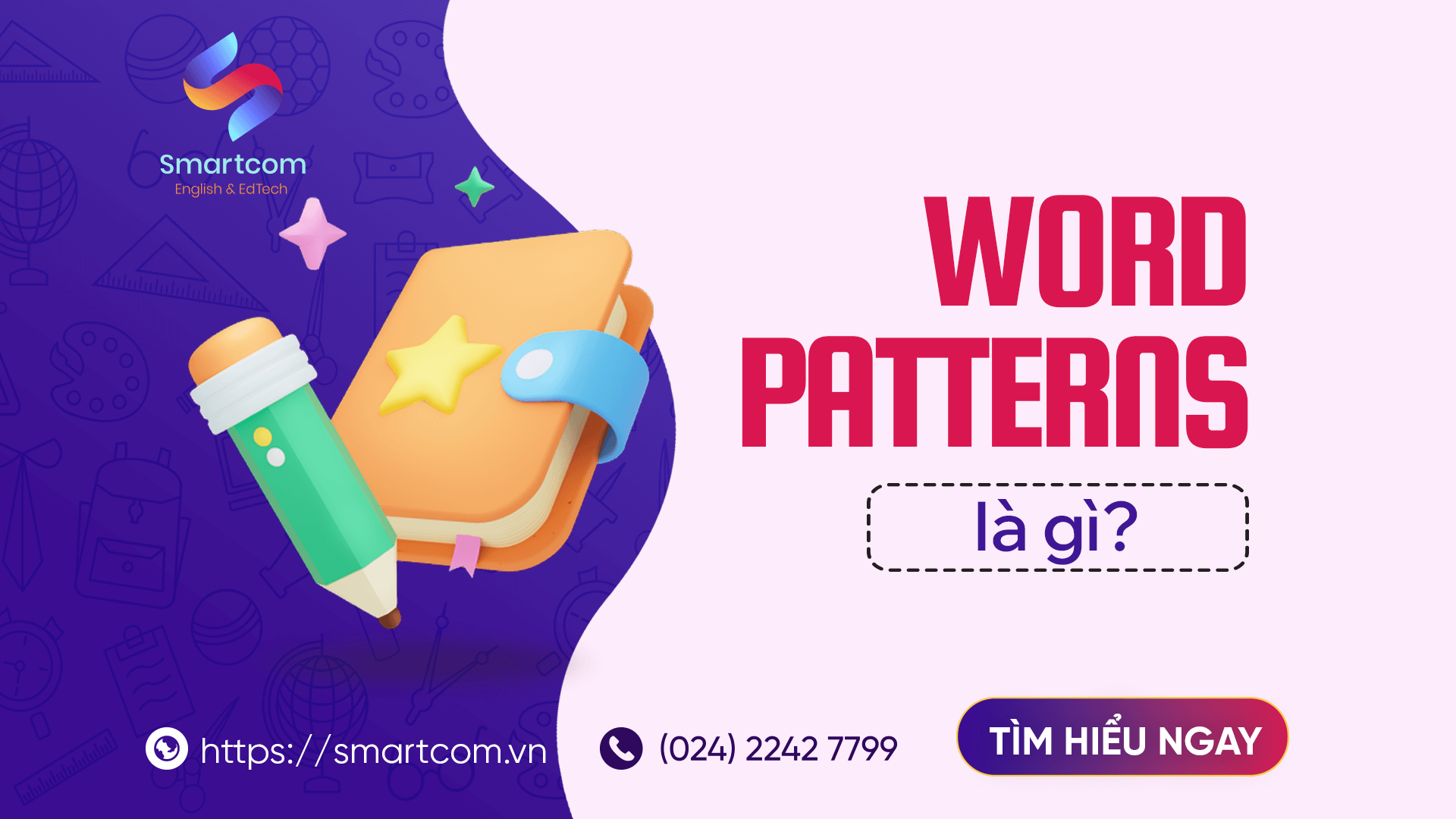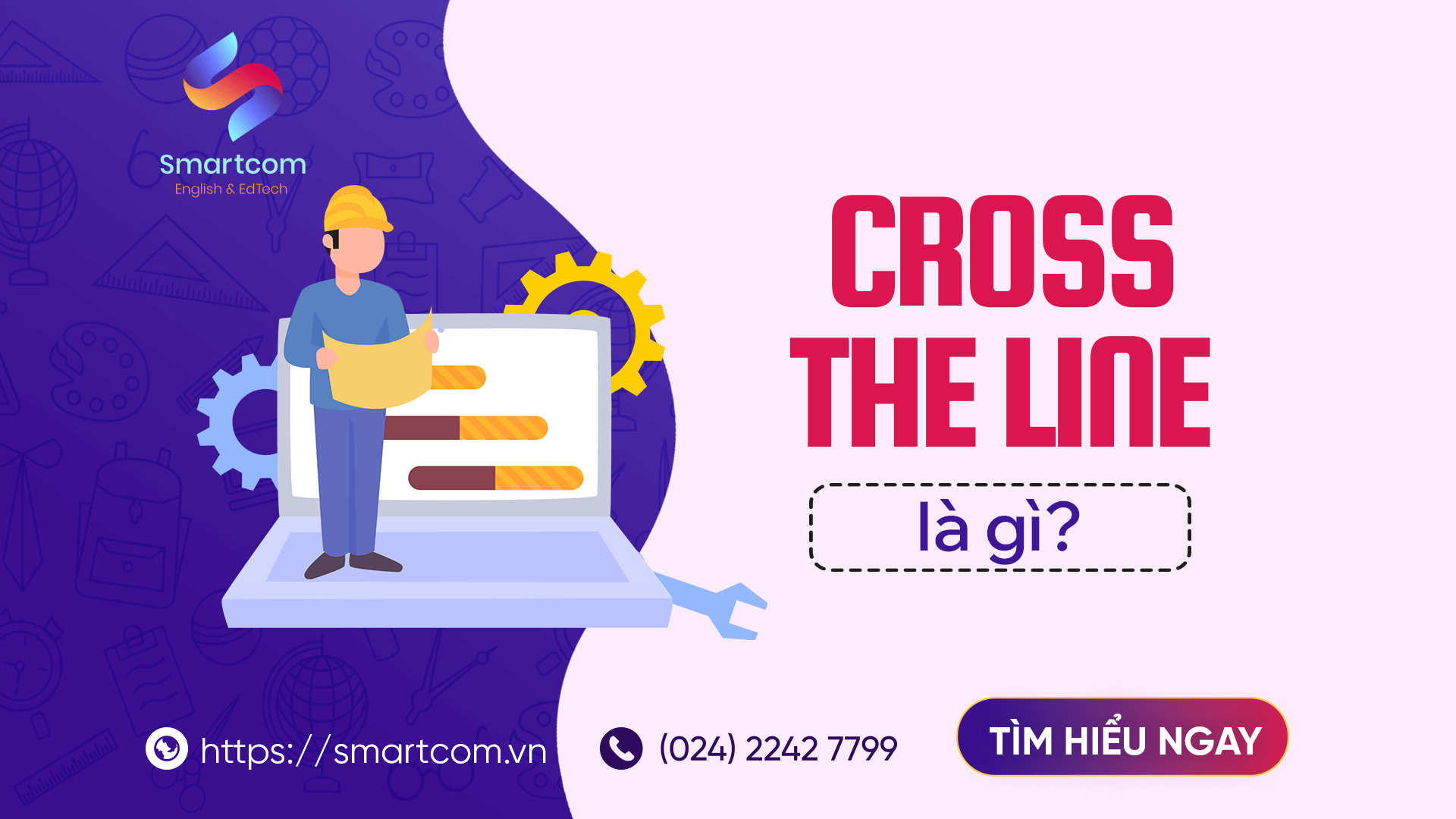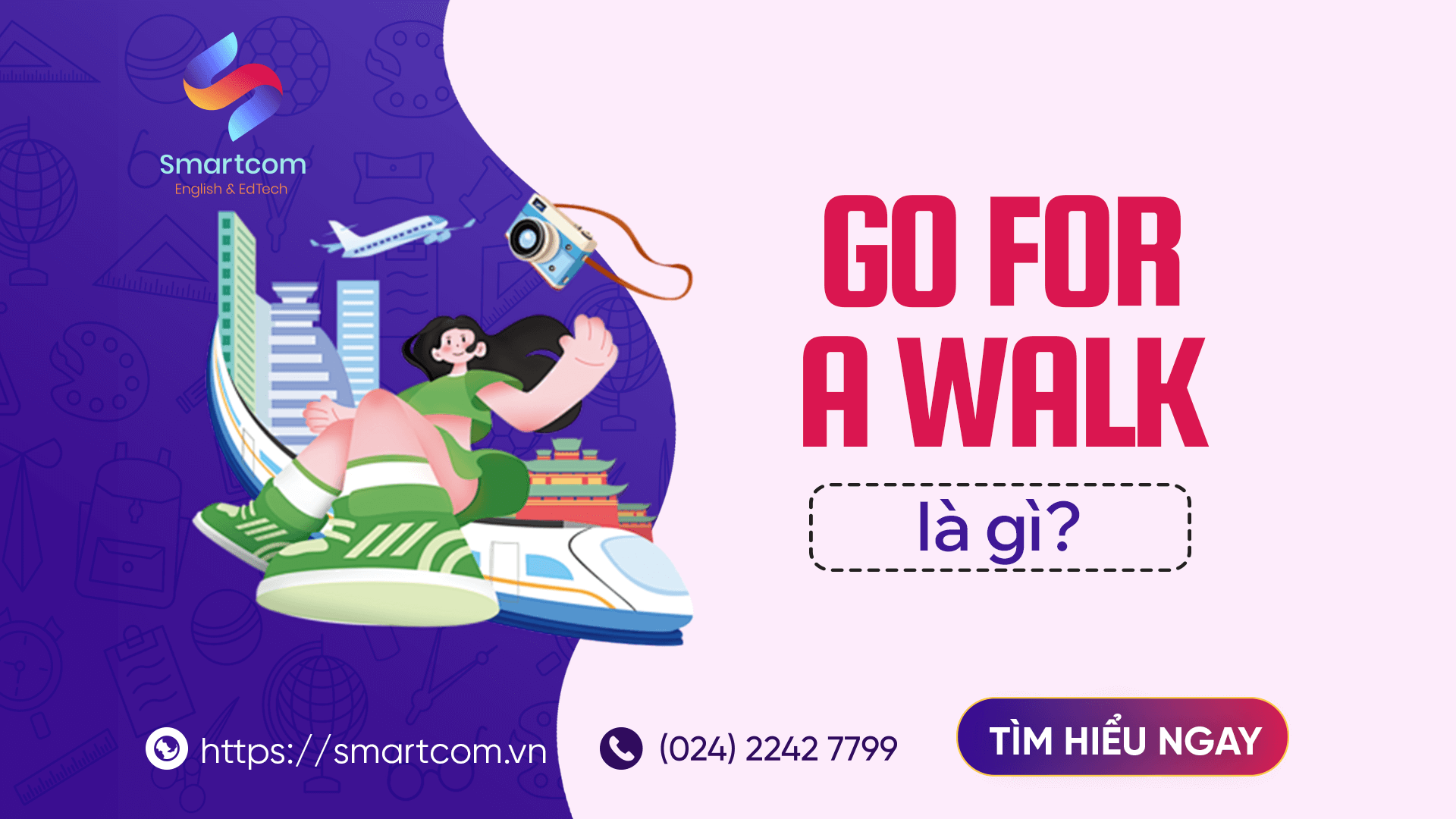Đội ngũ chuyên gia tại Smartcom English là tập hợp những chuyên gia đầu ngành trong lĩnh vực IELTS nói riêng và tiếng Anh nói chung. Với phương pháp giảng dạy sáng tạo, kết hợp với công nghệ AI, chúng tôi mang đến những trải nghiệm học tập độc đáo và hiệu quả. Mục tiêu lớn nhất của Smartcom Team là xây dựng một thế hệ trẻ tự tin, làm chủ ngôn ngữ và sẵn sàng vươn ra thế giới.
Trong phần thi IELTS Speaking Part 1, các câu hỏi thường xoay quanh những chủ đề quen thuộc trong đời sống hàng ngày. Đối với người Việt Nam, trà và cà phê không chỉ đơn thuần là những loại đồ uống mà còn phản ánh sâu sắc nhiều giá trị văn hóa từ truyền thống đến hiện đại. Qua những câu trả lời dưới đây, bạn sẽ có cơ hội thể hiện sự hiểu biết phong phú về văn hóa cũng như phong cách cá nhân của mình, từ đó hướng tới mục tiêu đạt điểm cao trong kỳ thi.
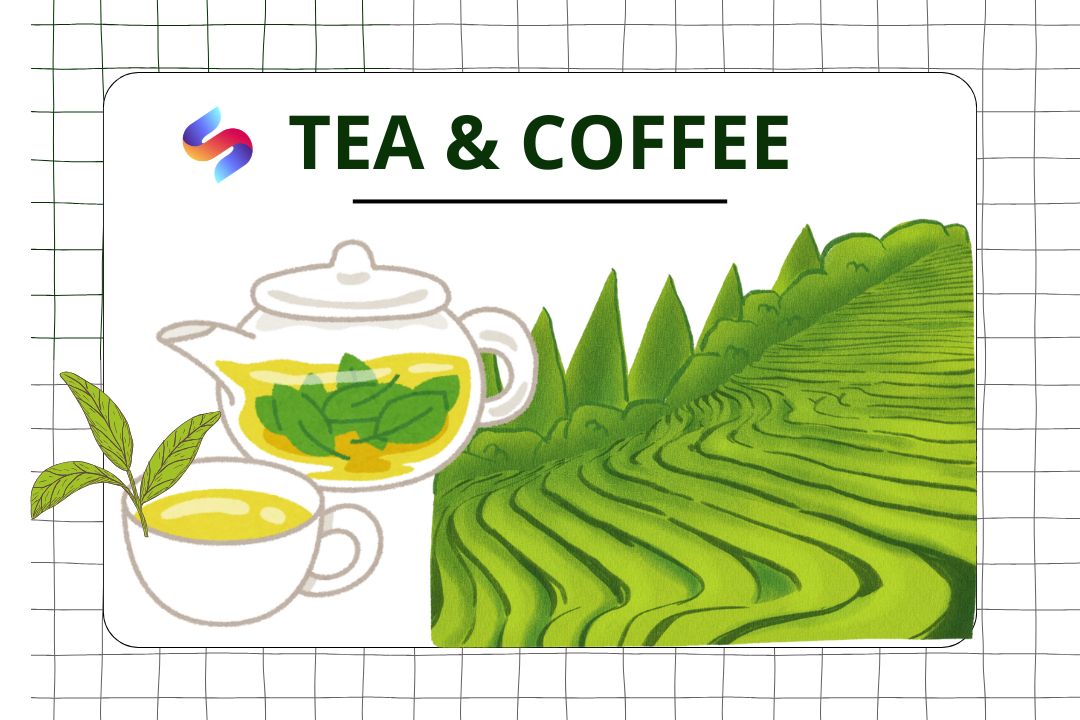
Do Vietnamese people like to drink coffee or tea?
Drinking tea and coffee is immensely popular in Vietnam, as each beverage plays a significant role in our daily lives. Tea often symbolizes tradition and familial bonds, particularly during gatherings, while coffee—especially iced milk coffee—is favored by the younger generation for its invigorating taste. Each drink reflects unique cultural nuances, with tea providing a sense of nostalgia and coffee embodying the vibrancy of modern life.
Do you prepare tea or coffee for guests at home?
Absolutely, offering tea or coffee is a quintessential gesture of hospitality in Vietnamese culture. When guests visit, it is customary to prepare a warm beverage to ensure they feel welcomed and comfortable. This practice not only showcases our cultural warmth but also fosters a sense of connection and mutual respect between the host and guests.
Are tea and coffee popular in your country?
Without a doubt, tea and coffee are both widely embraced across Vietnam. Tea, with its deep-rooted traditions, is particularly cherished among the older generations, while coffee, especially Vietnamese drip coffee, has become a daily ritual for many due to its bold flavor and unique preparation method. Both beverages are integral to social gatherings, celebrations, and even everyday routines.
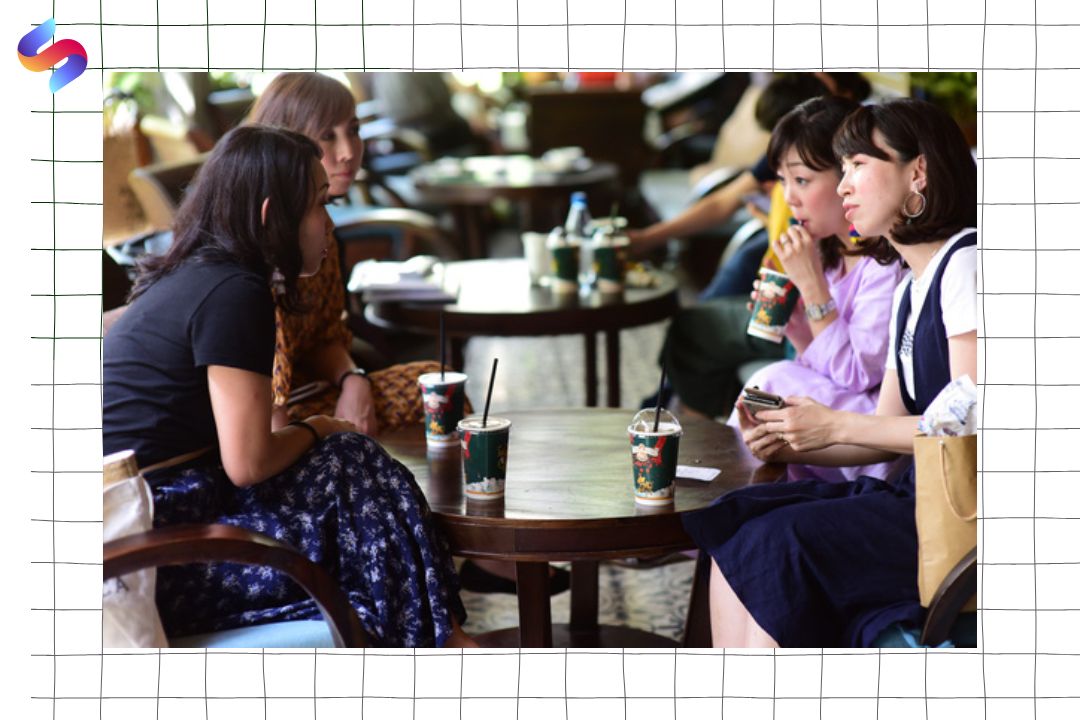
When was the last time you drank tea or coffee?
I actually savored a cup of coffee just this morning. Beginning my day with a strong brew has become a cherished habit that I eagerly anticipate. This ritual not only provides comfort but also invigorates me, enhancing my alertness and motivation for the day ahead. For me, coffee transcends being merely a drink; it represents a delightful start to my morning.
When was the first time you tried coffee or tea?
I first encountered coffee during my teenage years. At that time, the bitterness was quite pronounced, and it took me a while to acclimatize to its flavor profile. However, over the years, I have grown to appreciate the rich and complex nuances of Vietnamese coffee. That initial experience opened my eyes to the remarkable versatility and depth that coffee can offer.
Do you often buy tea or coffee in a café or shop?
Indeed, I frequently indulge in café visits, as they form an essential aspect of Vietnamese culture, providing cozy environments to relax and socialize. I often stop by a café to enjoy a professionally brewed beverage, which feels refreshing and offers a delightful alternative to my homemade drinks. Cafés serve as excellent venues to catch up with friends or immerse myself in light reading, especially on weekends.
Do you prefer to drink tea or coffee?
Personally, I gravitate towards coffee due to its enticing aroma and the myriad of preparation methods available. Unique Vietnamese specialties such as egg coffee or iced milk coffee have a charm that tea doesn’t quite capture for me. The robust, intricate flavors and the entire brewing process transform coffee into a small indulgence with each cup.
Why do some people dislike coffee (or tea)?
Some individuals find coffee overly bitter or choose to avoid it due to its high caffeine content, which can be overwhelming and lead to jitters. Conversely, tea might be perceived as too mild for those who prefer bolder flavors. Additionally, the time required for preparation can deter some, particularly those leading busy lifestyles.
Do you like drinking coffee (or tea) at home or at a coffee (or tea) shop?
I genuinely appreciate both settings. At home, drinking coffee provides a more relaxing and intimate experience, especially when I can brew it at my own pace. In contrast, visiting a café offers a refreshing change of scenery and a pleasant ambiance that is ideal for studying or socializing. Being in a coffee shop often feels like a delightful retreat, allowing me to focus or simply enjoy the vibrant atmosphere around me.
Từ Vựng Quan Trọng
| Từ vựng | Phiên âm | Loại từ | Nghĩa tiếng Việt |
| immensely popular | /ɪˈmɛnsli ˈpɑːpjələr/ | adv + adj | rất phổ biến |
| hospitality | /ˌhɑːspɪˈtælɪti/ | noun | lòng hiếu khách |
| bold flavor | /boʊld ˈfleɪvər/ | adj + n | hương vị đậm đà |
| strong brew | /strɔːŋ bruː/ | adj + n | pha chế đậm |
| bitterness | /ˈbɪtərnəs/ | noun | vị đắng |
| professionally brewed | /prəˈfɛʃənəli bruːd/ | adv + adj | pha chế chuyên nghiệp |
| aroma | /əˈroʊmə/ | noun | mùi thơm |
| ambiance | /ˈæmbiəns/ | noun | không gian, bầu không khí |
| invigorating | /ɪnˈvɪɡəreɪtɪŋ/ | adj | làm tỉnh táo, kích thích |
| cultural nuances | /ˈkʌltʃərəl ˈnuːɑːnsɪz/ | noun | sắc thái văn hóa |
Với những câu trả lời mẫu và từ vựng quan trọng trên, bạn sẽ có sự chuẩn bị tốt và tự tin thể hiện khả năng của mình trong phần thi IELTS Speaking Part 1 topic “Tea or Coffee”. Hãy nhớ rằng, việc thể hiện sự hiểu biết sâu sắc và sử dụng từ vựng phong phú sẽ giúp bạn gây ấn tượng tốt với giám khảo. Chúc bạn thành công!
Chinh phục IELTS cần lộ trình đúng và người hướng dẫn giỏi. Smartcom English chính là nơi giúp bạn giải bài toán “nên học IELTS ở đâu” và “chi phí học IELTS bao nhiêu” chỉ trong một quyết định!
Xem thêm các chủ đề khác:
| Chủ đề STUDY | Chủ đề Family |
| Chủ đề EDUCATION | Chủ đề Health |
| Chủ đề Travel & Holiday | Chủ đề Environment |
| Chủ đề Sports & Exercise | Chủ đề Media |
| Chủ đề Technology | Chủ đề Shopping |
Kết nối với mình qua
Bài viết khác


![[PDF + Audio] Tải Sách IELTS Cambridge 19 (Kèm đáp án)](https://smartcom.vn/blog/wp-content/uploads/2024/06/ielts-cambridge-19_optimized.png)

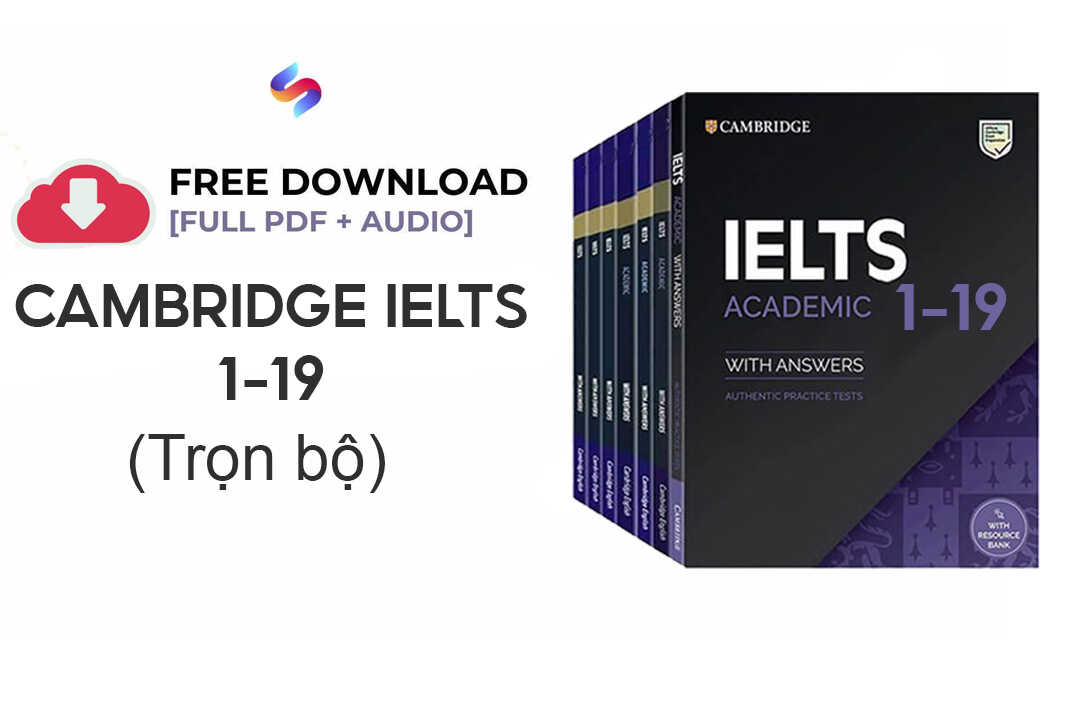
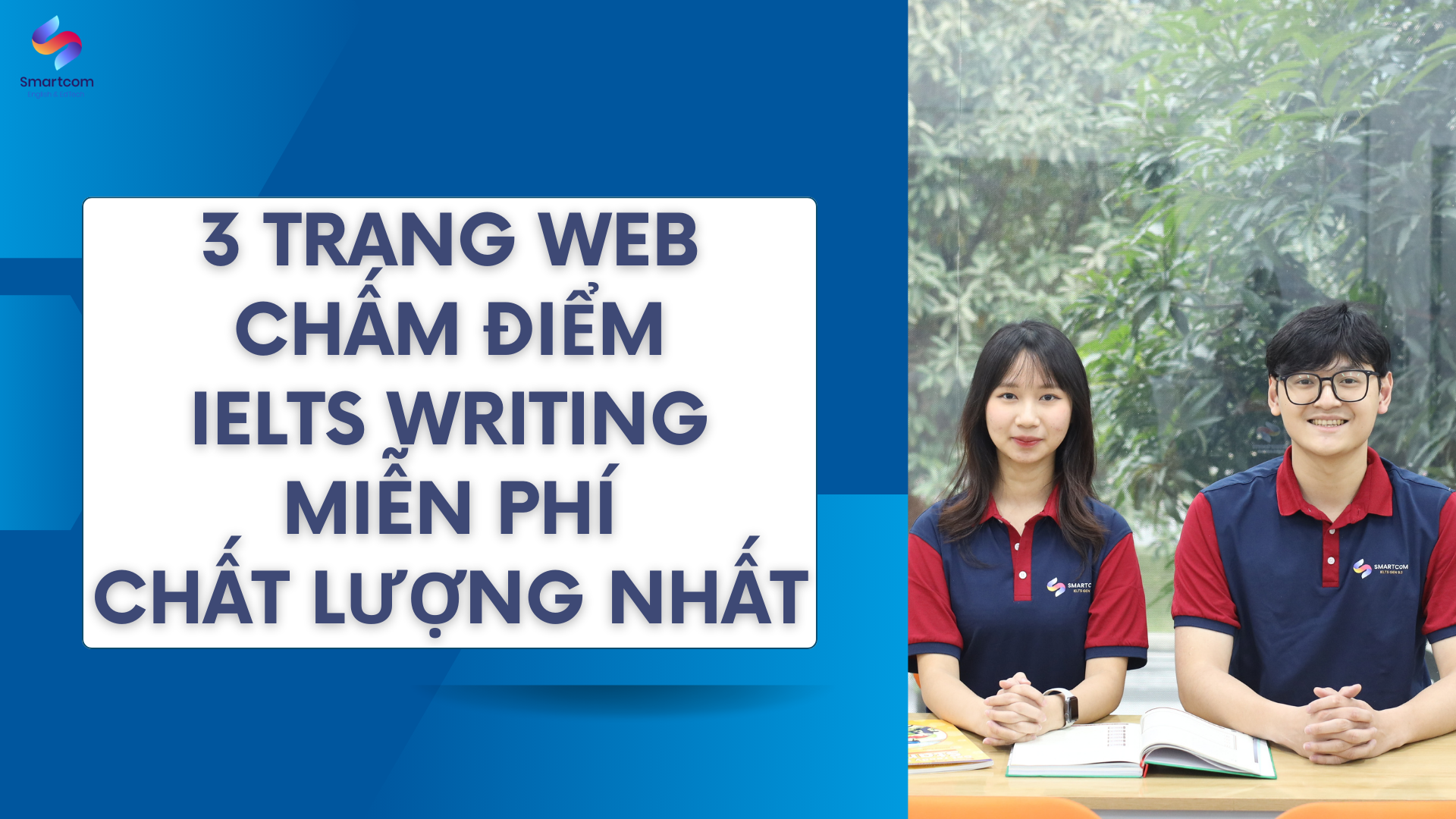
![[PDF + Audio] Tải Sách IELTS Cambridge 17 (Kèm đáp án)](https://smartcom.vn/blog/wp-content/uploads/2024/07/sach-ielts-cambridge-17_optimized.jpg)
![[PDF + Audio] Tải Sách IELTS Cambridge 15 (Kèm đáp án)](https://smartcom.vn/blog/wp-content/uploads/2024/07/ielts-cambridge-15_optimized.jpg)
